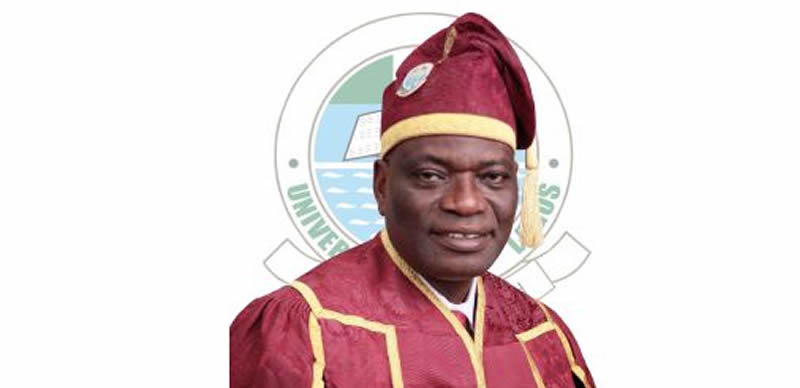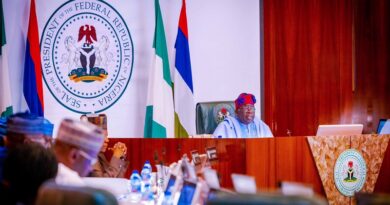UNILAG Loses 239 First-Class Lecturers Over Poor Pay – Ex-VC
 UNILAG Loses 239 First-Class Lecturers Over Poor Pay – Ex-VC
UNILAG Loses 239 First-Class Lecturers Over Poor Pay – Ex-VC
Former Vice-Chancellor of UNILAG, Professor Oluwatoyin Ogundipe, revealed the figures on Tuesday while delivering a lecture at The PUNCH Forum with the theme “Innovative Funding of Functional Education in the Digital Age”. The event took place at The PUNCH Place, Lagos-Ibadan Expressway.
Ogundipe said the institution recruited 256 first-class graduates between 2015 and 2022. By October 2023, only 17 still lectured at the school. He linked the mass exit to frustration with low pay, lack of facilities, and little career motivation.
“We brought in our brightest graduates. Today, less than 10 per cent are left,” he said. “If this continues, Nigerian universities will soon be dominated by women while postgraduate programs will admit students who are not ready for that level of study.”
The former VC described the struggles of young academics who feel undervalued. “After long hours, you return home to darkness. Then government says it is offering N10m loans. What can I achieve with that—maybe build a small security post? That’s the reality we face,” he noted.
ALSO READ: ASUU Issues Strike Ultimatum, Calls for National Intervention
He pointed at chronic underfunding as the root cause. According to him, federal and state education budgets have stayed under 10 per cent for decades, far below UNESCO’s 15–26 per cent benchmark. Between 2015 and 2025, allocations hovered between 4.5 and 7.5 per cent.
“The result is clear,” he said. “Nigeria now tops the world in out-of-school children, with estimates ranging from 10 to 22 million.”
Ogundipe urged lawmakers to set a legal minimum of N1bn annual funding for each first-generation university. He explained that schools now rely heavily on internally generated revenue, money that should support research but instead goes into basic survival.
As Pro-Chancellor of Redeemer’s University, he also pressed for alternative financing: partnerships with private firms, alumni support, philanthropy, education bonds, and tech-driven initiatives. “UNESCO recognizes innovative financing as the way to close the $100bn global education gap,” he said.
He called on the private sector, civil society, faith-based organizations, alumni, and donor agencies to act. “Businesses must see education as an investment in talent and markets. Alumni must give back. Media must demand accountability. Donors must back stronger local systems,” he stressed.
For Ogundipe, education remains a national trust. “Let our footprints be in libraries, digital labs, scholarships, and in the lives transformed,” he said.
Executives of PUNCH Nigeria Limited attended the event, including Mrs Valerie Omowunmi Tunde-Obe, Executive Director for Business Development and Innovation, and Mr Obafemi Obadare, Chairman of the Editorial Board. Other senior editors and foundation staff also joined the forum.
Content Credit: Moyosola Oni
Image Credit: Google Search .Com




